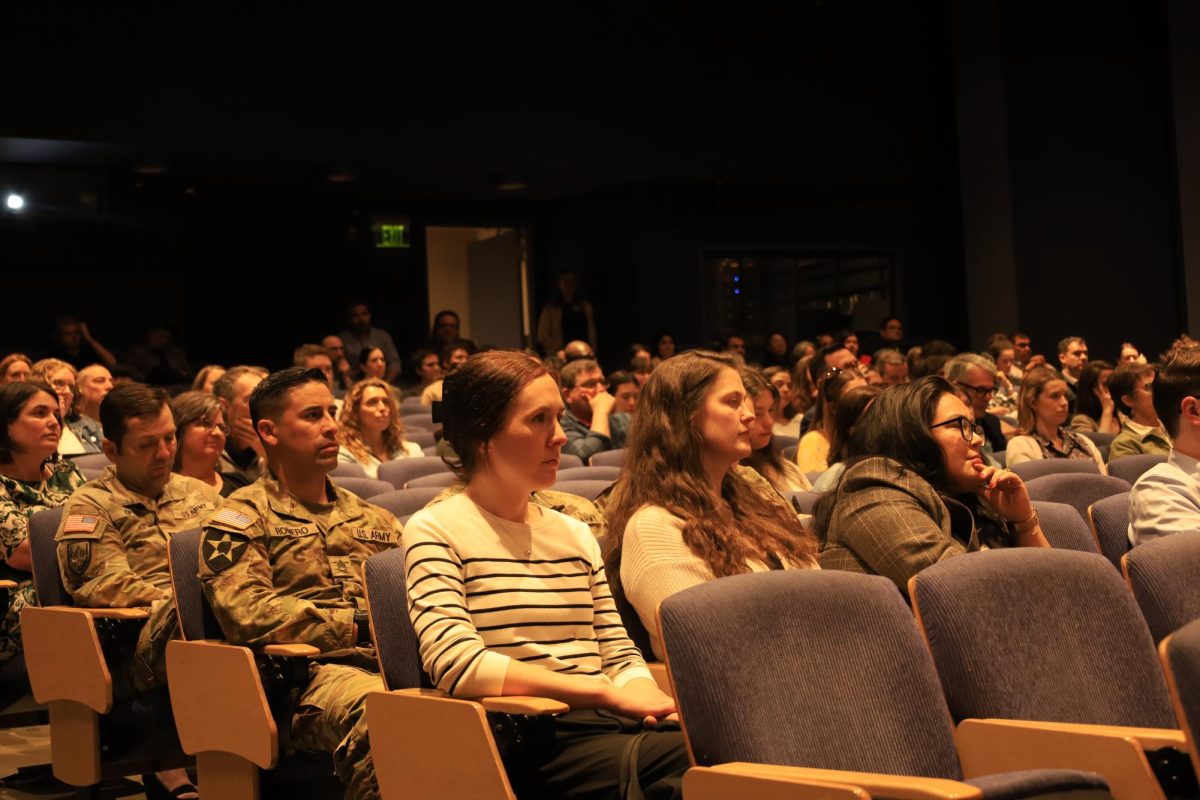Seattle University has officially launched a new minor for the fall of 2024: the Middle Eastern studies minor. This expansion in the program aims to create leaders who can bridge cultural divides and pave the way for extensive cultural exchange.
Diego Borromeo, a third-year international studies and public affairs major, recently completed the requirements for the minor. Having studied abroad in Jordan last year taking an Arabic course, Borromeo developed a deep interest in the region’s rich cultural history.
“I grew up with a diverse background; my mom is from Canada and my dad is from the Philippines, so I’ve always been interested in learning about different cultures. Middle Eastern studies seemed like the perfect fit after I studied abroad in Jordan,” Borromeo said.
Borromeo shared how traveling and experiencing Jordan firsthand reshaped his understanding of geopolitics and U.S. relations with the region.
“It gave me a whole new perspective and made me appreciate Middle Eastern studies even more,” Borromeo emphasized.
Mariam Gohar, a third-year political science and French major declared the minor shortly after its announcement. Gohar has always been interested in the Middle East and aspires to work in the region. Previously, there wasn’t a minor available, leading her to consider creating her own tailored courses.
“When I came in, I was always interested in focusing my political science degree on the Middle East, but it wasn’t offered,” Gohar explained.
Gohar expressed her desire to work in the region, specifically at the intersection of international development and human rights. Having this minor now allows her to pursue her interests directly.
“I talked to my advisor about creating the minor myself, thinking I could do an international studies minor with all my electives focused on the Middle East, but that still wouldn’t reflect on my transcript or diploma,” Gohar said.
This initiative was supported by faculty members who envisioned helping students gain a broader understanding of the Middle East.
Felipe Murtinho, the director of the International Studies Program at Seattle University, spoke about the previous Arabic program in the modern language and culture department that lacked sufficient student demand. Murtinho shared that the dean’s office prompted him for suggestions on how to improve the program, which is when he suggested this new minor.
“I suggested a minor in Middle Eastern studies that could include language but also encompass economics, politics, culture, religion and literature,” Murtinho said.
After collaborating with several departments, they wrote a proposal that was ultimately approved. Murtinho hopes this minor will foster a nuanced understanding of the region, focusing not just on political issues or conflict but also on cultural and economic contexts.
“The idea is to show students that the Middle East is not just what they see on the news. There’s a lot more culture, history, art, and also the everyday lives of people there,” Murtinho said.
Beatrice Lawrence, associate professor in theology and religious studies, emphasized the significance of this minor, particularly in light of recent events.
“After Oct. 7, it is imperative that people have the opportunity to discuss these issues,” Lawrence said.
Lawrence also added that it is important for students to develop their own understanding of global relations through educational opportunities.
“It matters right now with so much happening in Palestine and Israel. It would be beneficial for people to get deeply educated because relying on news sources can be problematic. Those who care about this issue would be enriched by a deeper study of the whole region,” Lawrence said.
Nalini Iyer, an assistant professor in the English department and an advocate for the new minor, discussed how the minor complements other minors offered at the university.
“We have African American studies, Asian American studies and now Middle Eastern studies, these courses are interconnected with women and gender studies,” Iyer said.
Iyer continued to explain how these minors are tied to concepts of race, class, economic injustice, globalization and the history and consequences of empire. Additionally, these minors provide a deeper understanding of the world we live in.
She encouraged students to consider the minor or related courses associated with the programs, regardless of their primary field of study.
“We need to understand that we come to college not just for a major, but also for the chance to grow and learn about the world we live in,” Iyer said.
Our world continues to change and evolve while misinformation spreads rapidly in the media, this new minor is important in helping students to understand the historical context of contemporary issues. Students now have the opportunity to deepen their knowledge of the Middle East through this newly established minor.








